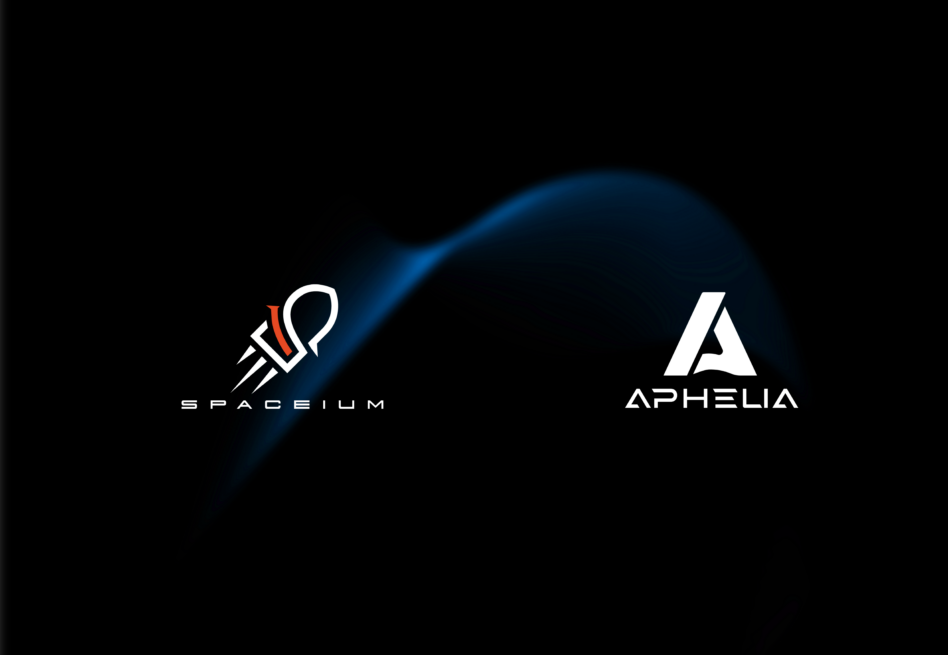In-orbit wireless charging for spacecraft, here we come.
This morning, Spaceium and Aphelia, two startups focused on building infrastructure to enable the in-space servicing economy, announced that they’re teaming up to practice recharging spacecraft in orbit.
The host: Spaceium is working on building small, fully modular space stations across multiple orbital regimes for refueling and charging spacecraft and storing debris. The company is working towards a prototype launch of its space station architecture next year.
- Recently, the company signed an agreement with The Exploration Company to demonstrate cryogenic refueling of the Nyx spacecraft in orbit.
The rider: Aphelia is designing its own power stations to recharge satellites—infrastructure it believes is necessary to reduce launch costs for satellite operators and enable longer-duration missions unhindered by power limitations.
Under the partnership agreement, Aphelia will load up a recharging payload on an as-yet-unspecified Spaceium mission, which will act as a host to demonstrate wireless recharging.
Charging up: Aphelia CEO Razlan Hamdan believes the partnership is a step toward eliminating power constraints as a limit on what spacecraft can accomplish on a mission. “Our partnership with Spaceium marks a breakthrough in reimagining spacecraft power,” he said in a release. “We believe this will enable a shift from static to dynamic space missions.”




